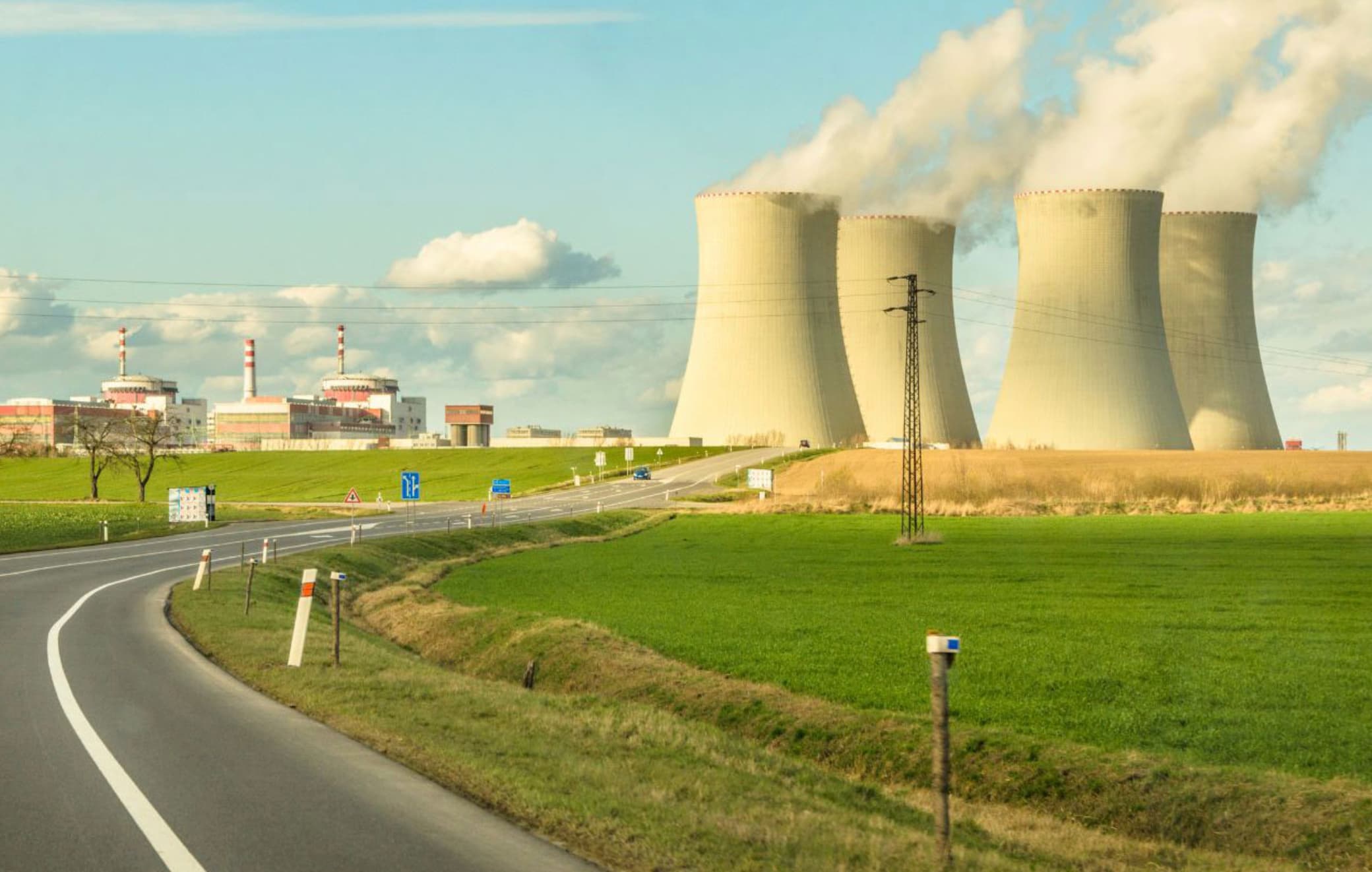Denia Djokić, assistant research scientist at NERS and a member of the Fastest Path to Zero Initiative, is leading a research project that has received support from the Alfred P. Sloan Foundation. The project is also supported by the Graham Sustainability Institute’s Carbon Neutrality Acceleration Program (CNAP) and the Michigan Memorial Phoenix Project.
“Technology Assessment Projects like this are a crucial tool to help policymakers grapple with the full range of considerations that need to inform the governance of emerging technologies,” said Evan S. Michelson, program director of the Sloan Foundation’s Energy & Environment program. “Dr. Djokic and her colleagues are making sure that future technology policies are steered by our best insights from the past.”
Shobita Parthasarathy and Molly Kleinman from the Ford School of Public Policy’s Science, Technology and Public Policy (STPP) Program are co-principal investigators on this Technology Assessment Project (TAP), which is a collaborative effort involving faculty and students across disciplines. Together, they aim to address a critical challenge: informing the responsible governance of advanced nuclear energy as it emerges to address the demand for carbon-free electricity generation.
Anticipatory Governance of Advanced Nuclear Energy
Nuclear energy has long been a cornerstone of carbon-free electricity generation. With the recent rapid development of advanced nuclear energy technologies such as small modular reactors and microreactors—designed to mitigate challenges related to radioactive waste, safety, proliferation, and infrastructure costs—there is tremendous potential to support global decarbonization efforts. Yet, little is known about the potential social, political, economic, equity, and ethical implications of a global buildout of these new nuclear energy technologies.
Djokić emphasizes the importance of anticipating these impacts:
“Advanced nuclear energy introduces complex challenges that demand proactive governance. By learning from history, this project seeks to inform policy frameworks that align with democratic values, prioritizing societal equity and environmental protection while mitigating unintended consequences.”
Similarly to past Technology Assessment Projects at STPP—which have included facial recognition, COVID-19 vaccines, and large language models (LLMs)—this project seeks to inform policy and governance frameworks in the early stages of advanced nuclear energy development. Applying the Analogical Case Study (ACS) methodology developed by Prof. Parthasarathy, it examines lessons from known technological cases that are analogous in function and potential impact to anticipate the social, political, economic, equity, and ethical implications of advanced nuclear energy. Based on project findings, the research team will develop actionable recommendations for policymakers and stakeholders to govern advanced nuclear energy responsibly.
Funding and Multidisciplinary Support
The project benefits from generous support provided by several programs:
- Alfred P. Sloan Foundation: The Sloan Foundation’s Energy and Environment program advances research to inform the societal transition toward low-carbon energy systems in the United States.
- Carbon Neutrality Acceleration Program: Established in 2020 through a $5 million anonymous gift, CNAP supports faculty-led research to accelerate carbon neutrality. This project is among the six new grants announced in 2023, reflecting CNAP’s commitment to addressing critical decarbonization challenges.
- Science, Technology, and Public Policy Program: STPP is dedicated to advancing the public interest, and specifically social equity and justice, in the development and governance of science and technology through education, research, and community and policy engagement.
- Michigan Memorial Phoenix Project: Dedicated to the peaceful applications of nuclear science, the Phoenix Project’s contribution underscores its legacy of fostering innovative nuclear research.
The project builds on the renewed mission of the Michigan Memorial Phoenix Project and represents a step toward aligning nuclear energy innovations with public trust and social equity. Its findings have the potential to shape policy frameworks that guide technology development, siting, regulation, and even reparative measures for past harms.
